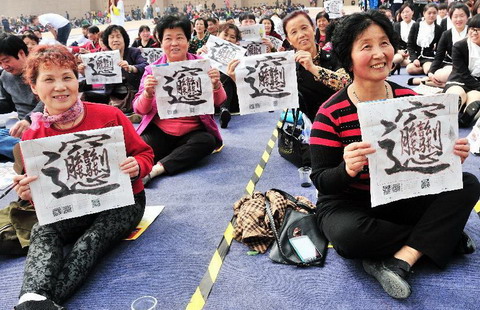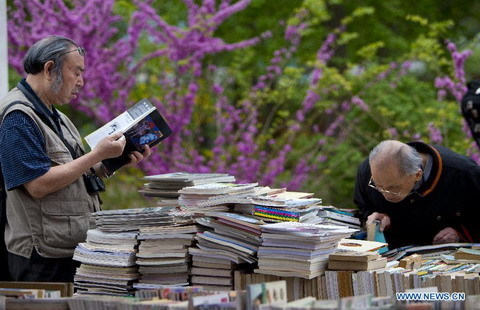Brazilian author recounts life with son
By Sun Ye ( China Daily ) Updated: 2014-04-15 07:16:59Felipe went through various therapies. Crawling was supposed to teach him coordination. Putting on a mask and let him gasp for air should get him stimulated and refreshed.
Today he can function much like others and even make small talk, his father says. Education and care can improve most patients' quality of life.
"But there will always a void between me and my son, who would never understand my literary world," says Tezza, who nevertheless wrote the book for him.
They've found a way to connect: Unsurprising for a Brazilian family, it's football that gets their emotions across to one another.
Felipe is 34 this year.
While the book focuses on the son and the experience that afflicts about one person in every thousand, the third-person point of view of the story allowed Tezza to weave in larger themes. "It all happened during the huge economic change in Brazil, the social structure was changed, rural traditions were changed and so were families," the author says.
He, the once rebellious young writer who loved watch-making, had settled into a teaching job.
"His experiences as a literary young man who goes through a very turbulent and transforming life change is somehow very dear to us," says Jiang Tao, a researcher with Peking University's department of Chinese.
But in the end, Tezza says, there is no overriding message in the book.
"I give a problem, not a solution," he says.
|
|
|
|
|
|
|
|


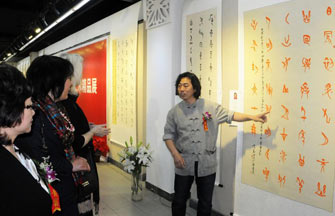

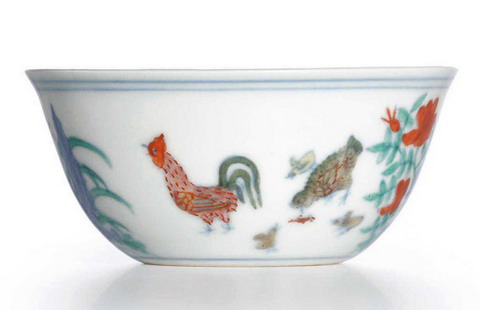



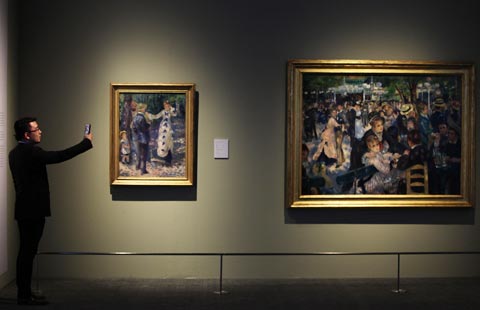
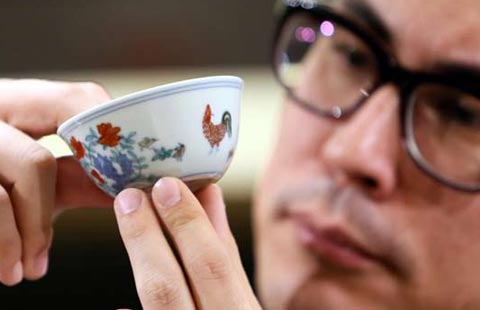













 Raymond Zhou:
Raymond Zhou: Pauline D Loh:
Pauline D Loh: Hot Pot
Hot Pot Eco China
Eco China China Dream
China Dream China Face
China Face
